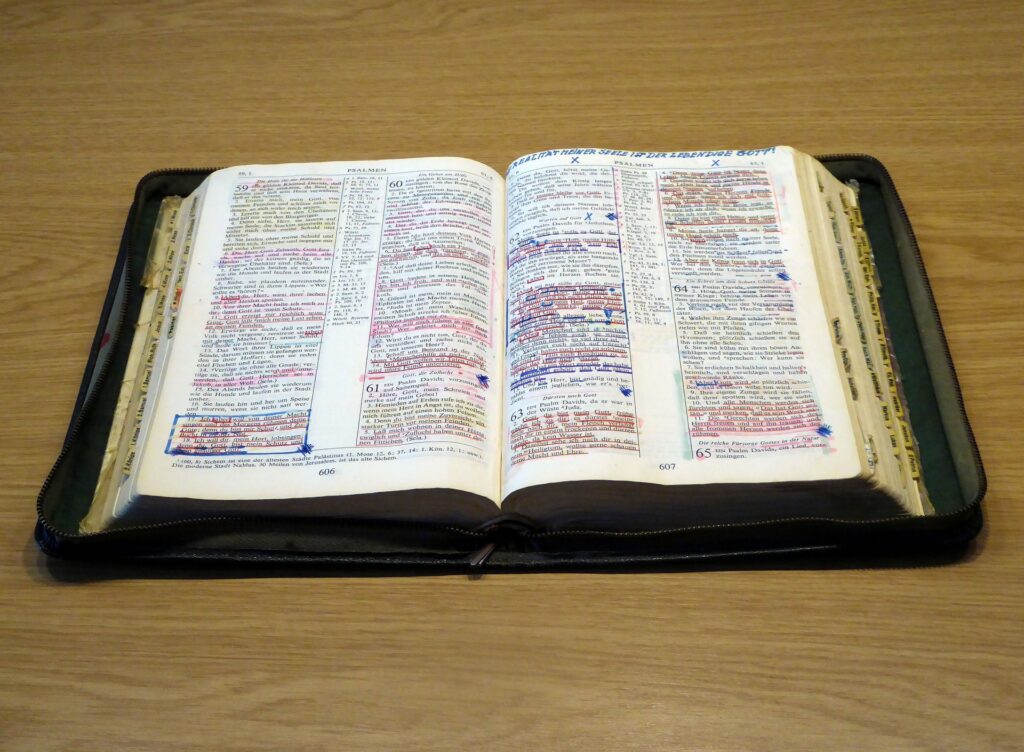
Bible Class Notes on 1 Peter 5:5 | Notes on the Petrine Epistles
The “likewise” shows shared responsibility—just as the elders have responsibility the young have responsibility.
There is a great deal of question as to what is meant by “younger” in this passage. Peter could have new converts in mind. Some have attempted this to mean those in the church wo serve under the elders—ministers, deacons, etc. However, since the term “elder” is used in this text to refer to those who lead the congregation, “younger” more than likely refers to those who are not elders.
The younger must be subject to the elders. Clement wrote to the Corinthian church shortly after the apostolic period (only about 10-20 years after the writing of 1 Peter); in writing this epistle, Clement attempt to resolve a conflict which erupted when a group of young people attempted to replace the elders in that congregation. Although Peter does not seem to have the same situation in mind, he does show concern that the congregation show respect to the elders. Because of the persecution about to erupt on the church, there might have been a tendency on some to take radical stands and undermine the authority of the elders. The New Testament teaches that elders must be respected and obeyed (1 Thess 5:12-14; Heb 13:17).
All Christians should be clothed with humility. The “all of you” would not refer just to the “younger ones.” Rather, “all” would encompass elders and other Christians alike. All should clothe themselves with humility. Christians should take humility like a garment and wrap it around themselves. “Clothe” comes from the word for the apron that a slave or herdsmen would wear to keep from getting soiled; therefore, the clothing being mentioned here is the clothing of slavery. Although not necessarily likely, Peter could be referencing Jesus’s wrapping a towel around himself and washing the disciples’ feet (Jn 13:4).
Humility refers to the attitude which doesn’t mind serving others or serving under others. To the Greeks and Romans, humility was a vice rather than a virtue. Christianity, however, changed the language: Matthew 18:1-4; 20:25-28; Philippians 2:4-8; Colossians 3:12.
The reason Christians must clothe themselves with humility: “God opposes the proud, but gives grace to the humble.” This is a quotation from Proverbs 3:34. The proud would seem to refer to the ones opposing Christianity mentioned throughout this epistle. The humble would appear to refer to Christians living in a godly manner.
This Bible class was originally taught by Dr. Justin Imel, Sr., at the Owingsville church of Christ in Owingsville, Kentucky.





